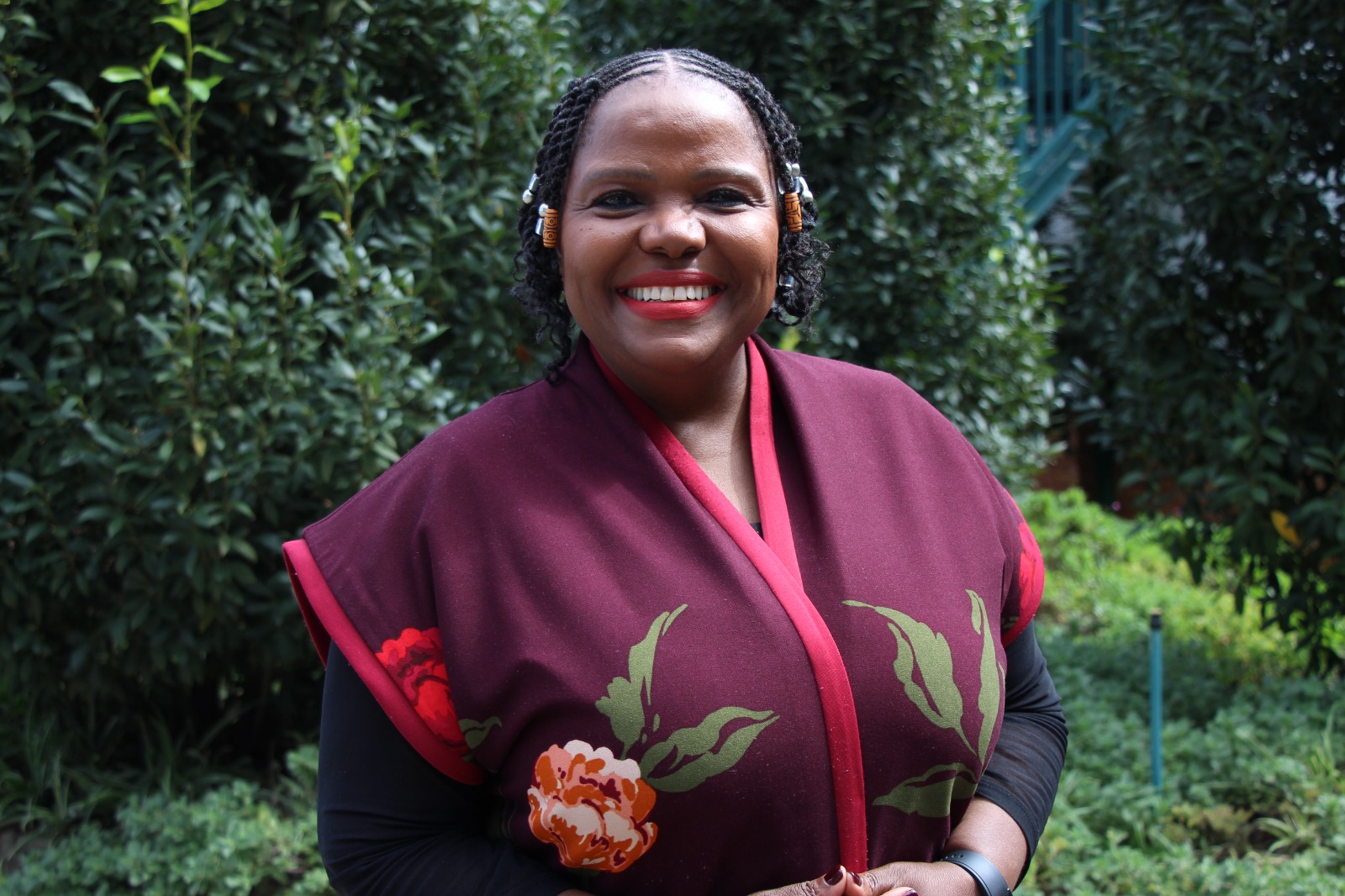The DaVinci Institute’s alumna, Dr Carin Stoltz-Urban’s study explored why non-traditional postgraduate students, typically older, working adults with family and community responsibilities, struggle to complete their studies. It also develops an institutional framework aimed at enhancing their success and retention in African higher education contexts. Using a grounded theory approach, the research draws on literature, interviews, and focus groups conducted across South Africa, Kenya, and Zimbabwe.
Key Challenges Facing Non-Traditional Students:
Balancing Work, Study, and Family
Many non-traditional students juggle demanding careers and family obligations. While workplace support can positively influence success, inflexible schedules and a lack of employer understanding often hinder progress.
Emotional and Psychological Strain
Students reported high levels of stress, anxiety, and discouragement. Feelings of uncertainty about academic ability were common, often tied to low academic self-efficacy and inadequate preparation for postgraduate demands.
Academic Literacy and Integration
Lack of academic writing and research skills was identified as a major barrier. Students struggled with understanding academic expectations at the postgraduate level, highlighting the need for stronger academic induction and literacy support.
Institutional Factors Influencing Success
Service Orientation and Flexibility
Institutions’ attitudes and responsiveness to student needs play a critical role. A student-centred culture, flexibility in access to resources, after-hours support, adaptable payment structures, and consistent communication are key enablers of success.
Management and Administration
Strong institutional management, including staff accountability, effective communication, and monitoring of student progress, supports retention. Administrative inefficiencies, in contrast, contribute to frustration and attrition.
Social and Academic Integration
While traditional models of social integration may not fully apply to non-traditional students, fostering a sense of belonging through peer support and friendly, accessible staff enhances motivation and persistence. Academic integration through clear induction and mentoring remains essential.
The Role of the Academic Supervisor
Supervisors emerged as pivotal to postgraduate success. Effective supervisors balance expertise with mentorship, provide timely feedback, maintain open communication, and offer emotional encouragement. Their accessibility and administrative efficiency significantly affect student progress.
The Proposed Institutional Framework
The framework positions the student as the centre of a multi-layered ecosystem:
- Microsystem: The student’s personal skills, motivation, and resilience.
- Mesosystem: Personal and family contexts influence emotional and logistical support.
- Exosystem: Institutional environment, including supervisor relationships and service quality.
- Macrosystem: Broader socio-economic and national education context.
Institutions should adopt a holistic, student-centred approach focusing on:
- Enhancing academic self-efficacy, resilience, and self-regulated learning;
- Providing flexible, responsive services and clear communication;
- Strengthening management accountability and progress monitoring;
- Building supportive academic and social networks;
- Ensuring qualified, engaged supervisors.
Limitations and Recommendations
The study’s findings are grounded in three African countries and may need broader validation. Future research should explore non-traditional student experiences at the undergraduate level and develop a dedicated framework for academic supervision.
Conclusion: Non-Traditional Postgraduate
Dr Stoltz-Urban concluded that while student attributes, motivation, resilience, and self-efficacy are vital, the primary responsibility for enabling success rests with institutions. Universities must consciously design systems that accommodate the complex realities of non-traditional postgraduate students. A culture of flexibility, accountability, and empathy can transform retention outcomes and strengthen Africa’s postgraduate education landscape.




Leave a Reply